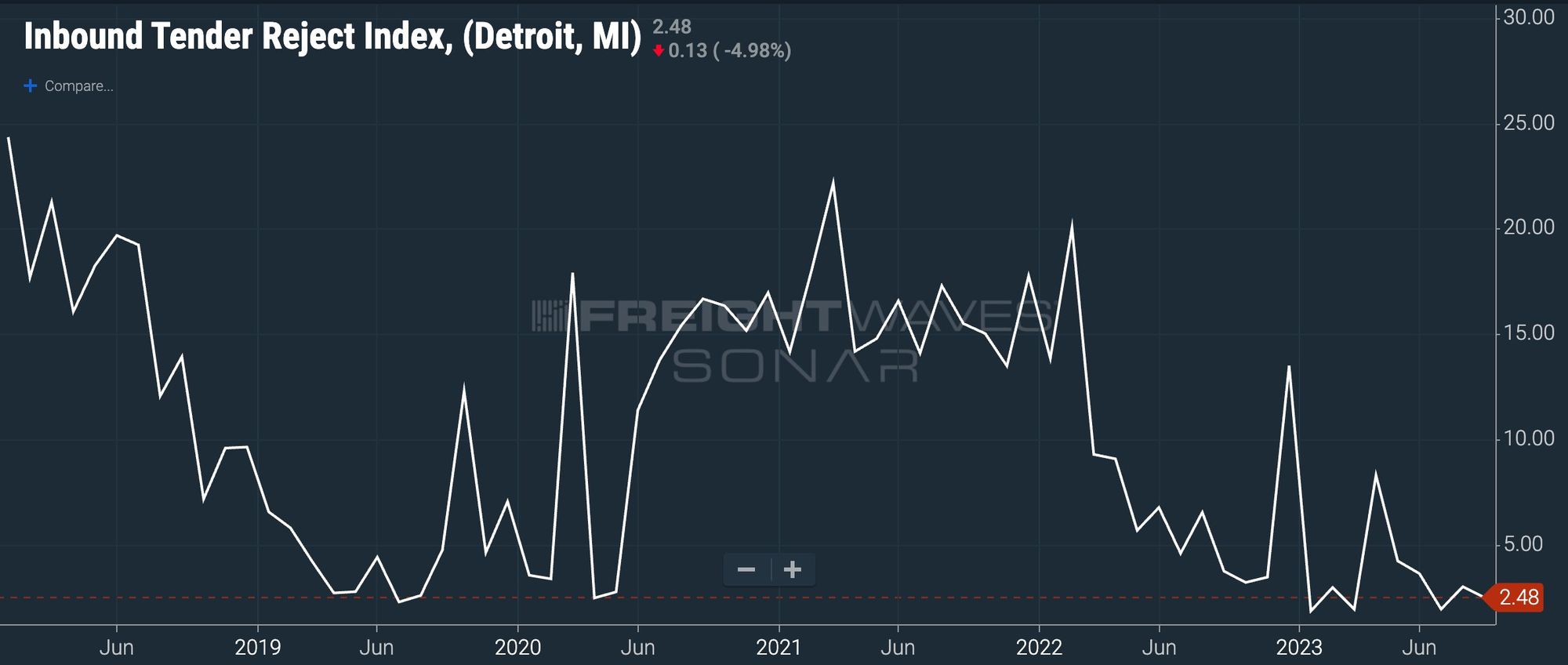Trump Administration Officially Sets August 1 Deadline for Tariff Hikes on 14 Nations
President Trump sends tariff warning letters to 14 countries, setting August 1 as the deadline to avoid steep import duties of up to 40%.
Unpacking the UAW strike's implications for trucking and logistics.

The trucking and logistics world is on high alert, given the recent nationwide strike by the United Auto Workers (UAW) members across major automobile manufacturers in the U.S. The ripple effect of these strikes isn't limited to auto manufacturing but directly impacts trucking operations and the broader supply chain.
At A Glance:
Behind the frontline news, UAW President Shawn Fain’s innovative "stand-up strike" method targets specific, high-yield facilities. This strategic maneuver focuses on plants producing in-demand vehicles, leveraging their profitability against automakers. UAW's fresh approach, influencing 12,700 workers across the U.S, aims to balance worker justice with industry demands.
The stakes are high, especially as President Biden's negotiations didn't forge a compromise. The strike signifies more than just a wage dispute – it reflects an industry striving to keep up with a rapid shift towards green EVs and the consequences that follow.
Logistics expert Craig Fuller warns of disruptions. A UAW strike in Detroit threatens to disrupt auto production, impacting the trucking sector. The Inbound Tender Reject Index for Detroit is one to watch as thousands of trucks may sit idle. However, the strike currently involves only three plants, affecting less than 10% of union members. This situation could create opportunities for freight carriers to shift to dry van and reefers.

This UAW strike might just be another blow pushing more truckers out. As negotiations unfold and strikes intensify, trucking companies need to keep a close eye on how things unfold.
Source: CNBC | Craig Fuller via X
Yeah I don’t think a long strike will be good for spot at all. They picked some interesting plants to strike. Obviously keeping leverage because they could have hit harder. Bad news is car companies want to burn off some inventory so they can go a few weeks.
— Dooner 🏴☠️ (@TimothyDooner) September 15, 2023
Join over 12K+ subscribers to get the latest freight news and entertainment directly in your inbox for free. Subscribe & be sure to check your inbox to confirm (and your spam folder just in case).